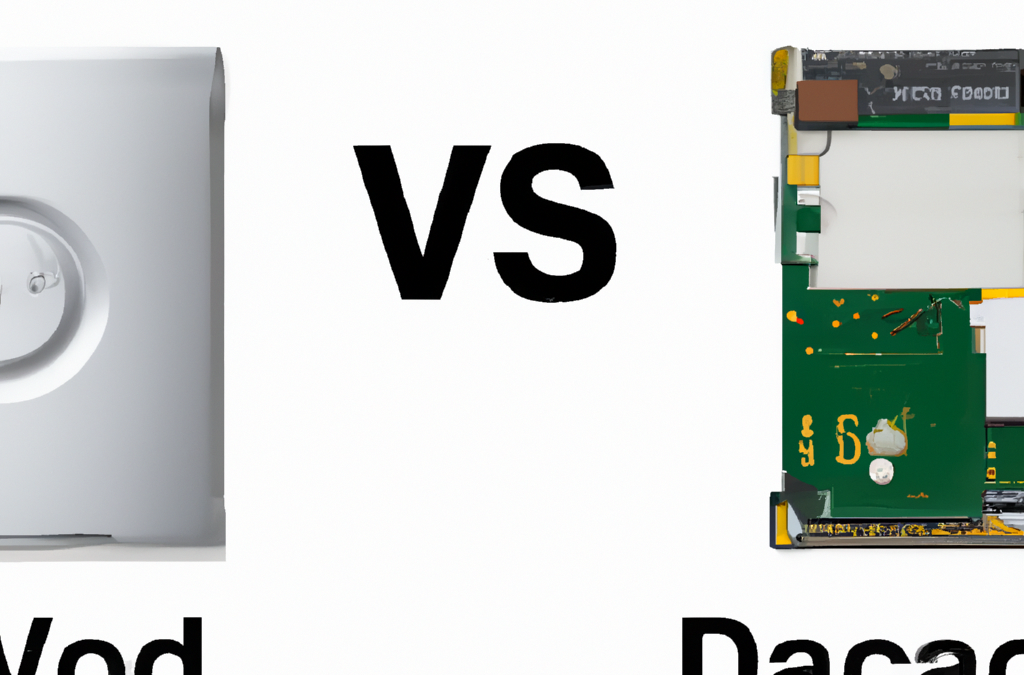When it comes to choosing a storage solution for your computer, there are two main options: conventional hard drives (HDDs) and solid-state drives (SSDs). Both options have their unique advantages and disadvantages, making the choice largely dependent on your specific needs and budget. In this blog post, we’ll compare conventional hard drives and solid-state drives, outlining their pros and cons to help you make an informed decision.
Conventional Hard Drives (HDDs)
Pros:
- Cost-Effective: HDDs are generally more affordable than SSDs, offering a lower cost per gigabyte. This makes them an attractive option for users on a budget or those who require a large amount of storage space.
- Higher Storage Capacity: HDDs are available in higher capacities than SSDs, making them well-suited for users who need to store a significant amount of data, such as large multimedia libraries or extensive software collections.
Cons:
- Slower Performance: HDDs use spinning disks to read and write data, resulting in slower performance compared to SSDs. This can lead to longer boot times, slower file transfers, and reduced overall system responsiveness.
- Noise and Heat: HDDs generate noise and heat during operation, which can be a concern for users who prioritize a quiet and cool computing environment.
Solid State Drives (SSDs)
Pros:
- Faster Performance: SSDs use NAND flash memory to store data, resulting in significantly faster read and write speeds compared to HDDs. This translates to quicker boot times, faster file transfers, and improved overall system performance.
- Durability and Reliability: SSDs have no moving parts, making them more resistant to physical damage and less prone to mechanical failure. This can be especially beneficial for users who frequently travel with their computers or work in harsh environments.
Cons:
- Higher Cost: SSDs generally cost more than HDDs, both in terms of initial investment and cost per gigabyte. This can be a significant factor for users on a budget or those who require a large amount of storage space.
- Limited Storage Capacity: While SSDs are available in a range of capacities, they tend to max out at lower levels than HDDs. This can be a drawback for users who require extensive storage space for their data.
The choice between a conventional hard drive and a solid-state drive ultimately depends on your specific needs, preferences, and budget. If you prioritize cost-effectiveness and storage capacity, a conventional hard drive may be the right choice for you. However, if you’re willing to invest in faster performance and increased durability, a solid-state drive is likely the better option.
Contact WeldonPC.com for all your computer storage and support needs:
WeldonPC.com – Main Location
5829 Turney Road
Garfield Heights, Ohio 44125
Phone: 888-7-WELDON (888-793-5366)
Visit our website at WeldonPC.com or reach out to our dedicated team to learn more about our services and how we can help you with your computing needs.
![]()

